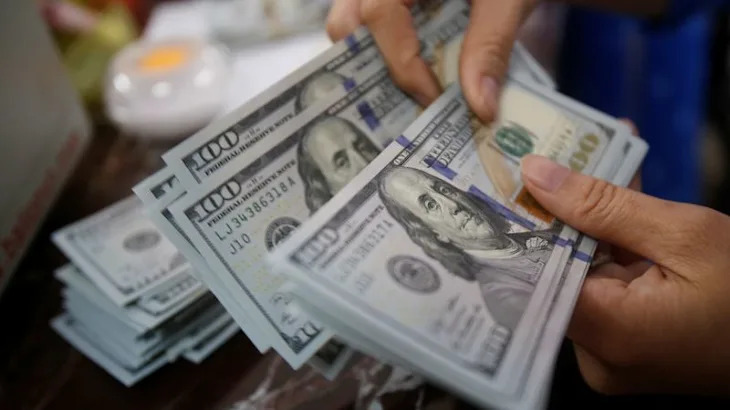
Sudden sell-off shakes US bond market
SINGAPORE (Reuters) - U.S. Treasuries extended a sharp retreat on Tuesday as investors were having to sell bonds to cover losses in other assets and scrambled to unwind expectations for deep U.S. rate cuts, in the latest unsettling sign of possible stress in financial markets.
Monday's range for the benchmark 10-year yield was one of the largest in the past two decades while expectations evaporated that the Federal Reserve would start cutting interest rates within weeks to offset the economic pain caused by huge U.S. import tariffs.
Ten-year yields shot from an overnight low of 3.87% to touch 4.216% in the Asian day. Market participants said the scale of moves and uncertainty in Fed funds futures trade was unprecedented, as pricing for 130 basis points of U.S. rate cuts this year collapsed to 92 bps in a matter of hours.
Monday's 35-basis-point yield range was the eighth-largest on Tradeweb data stretching back 25 years.
It was not clear what flipped the switch from buying to selling, but the sudden turnaround pointed to pressure on stock markets and sentiment as markets lurch towards an April 9 deadline for U.S. tariffs. The S&P 500 has lost 10.7% in three sessions.
"What do you sell if you need to meet margin calls or liquidity? Treasuries and gold," said Martin Whetton, head of financial markets strategy at Westpac in Sydney.
Buyers were so scarce that the selling pushed bond yields out of line with swaps and sharply widened a usually steady spread between the two.
At the 10-year tenor the gap has shot to more than 50 basis points, the largest on record, while the speed of the move in the past few days has also been record-breaking.
"It just is a further validation of the theory that there's less physical buying of Treasuries," said Andrew Lilley, chief interest rates strategist at Sydney-based investment bank Barrenjoey.
"There's a period of time in any market blow up, where you are not even attempting to think through the implications. You are simply liquidating all your risk."
Lilley said markets may also be starting to come to terms with a changed trade outlook that could reduce foreign trade surpluses and international flows into the Treasury market, while others said markets were simply unstable.
"There's a conspicuous lack of clarity," said Vishnu Varathan, head of macro research for Asia outside of Japan at Mizuho in Singapore.
Two-year yields rose 7 basis points overnight and inched up to 3.796% in the Asia session.
(Reporting by Rae Wee and Tom Westbrook; Editing by Aidan Lewis)